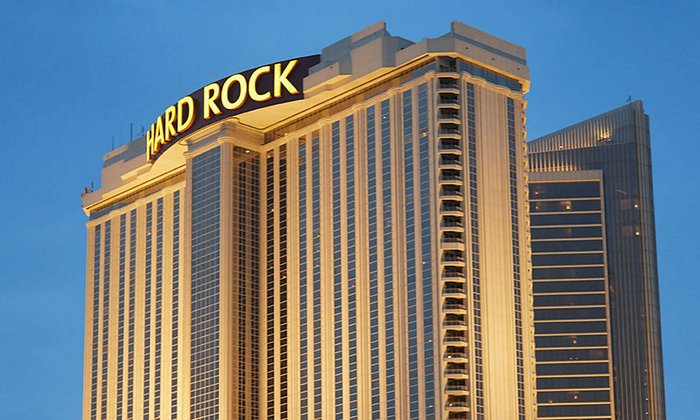In a stunning turn of events, a class-action lawsuit has been filed against several prominent Atlantic City hotels, accusing them of engaging in a widespread scheme to unjustly inflate hotel rates.
Among the accused establishments are hotels owned by industry giants Caesars Entertainment and MGM, as well as the renowned Hard Rock hotel.
The complaint, one of the country’s few this year, asserts that the hotels intentionally hiked rates well beyond what a shared platform operated by a Florida company suggested, resulting in a violation of antitrust law. While representatives from both sides involved in the lawsuit have yet to comment, it is evident that the plaintiffs have built their case upon compelling data and information.
According to the allegations put forth, some hotel rates in Atlantic City experienced a staggering 25% surge despite a mere 5% drop in occupancy. This substantial disparity forms a core argument in the lawsuit, indicating a deliberate attempt to exploit consumers during periods of lower demand.
As the legal battle unfolds, the accused hotels find themselves embroiled in a contentious controversy that could have far-reaching implications for the industry. The outcome of this case will undoubtedly shed light on the practices employed by Atlantic City hotels and may potentially reshape the landscape of lodging rates in the region.
New Jersey’s gaming regulators have characterized the alleged rate inflation as a “substantial increase” that spans back to 2018. The recently filed lawsuit outlines the claim that the implicated hotels, through deliberate omissions, half-truths, and misrepresentations, provided guests with a distorted understanding of how they arrived at their room rates.
The gravity of these accusations has thrust the hotels into a legal battle that questions their integrity and transparency in determining fair and accurate pricing for their accommodations.
















More Stories
Poland’s High-Tech Border Revolution: EES Ushers in New Era
Mexico’s 2026 Luxury Hotel Explosion: Caribbean & Pacific Gems
Greece Blends History & Flavors: Gastronomy Tourism Revolution